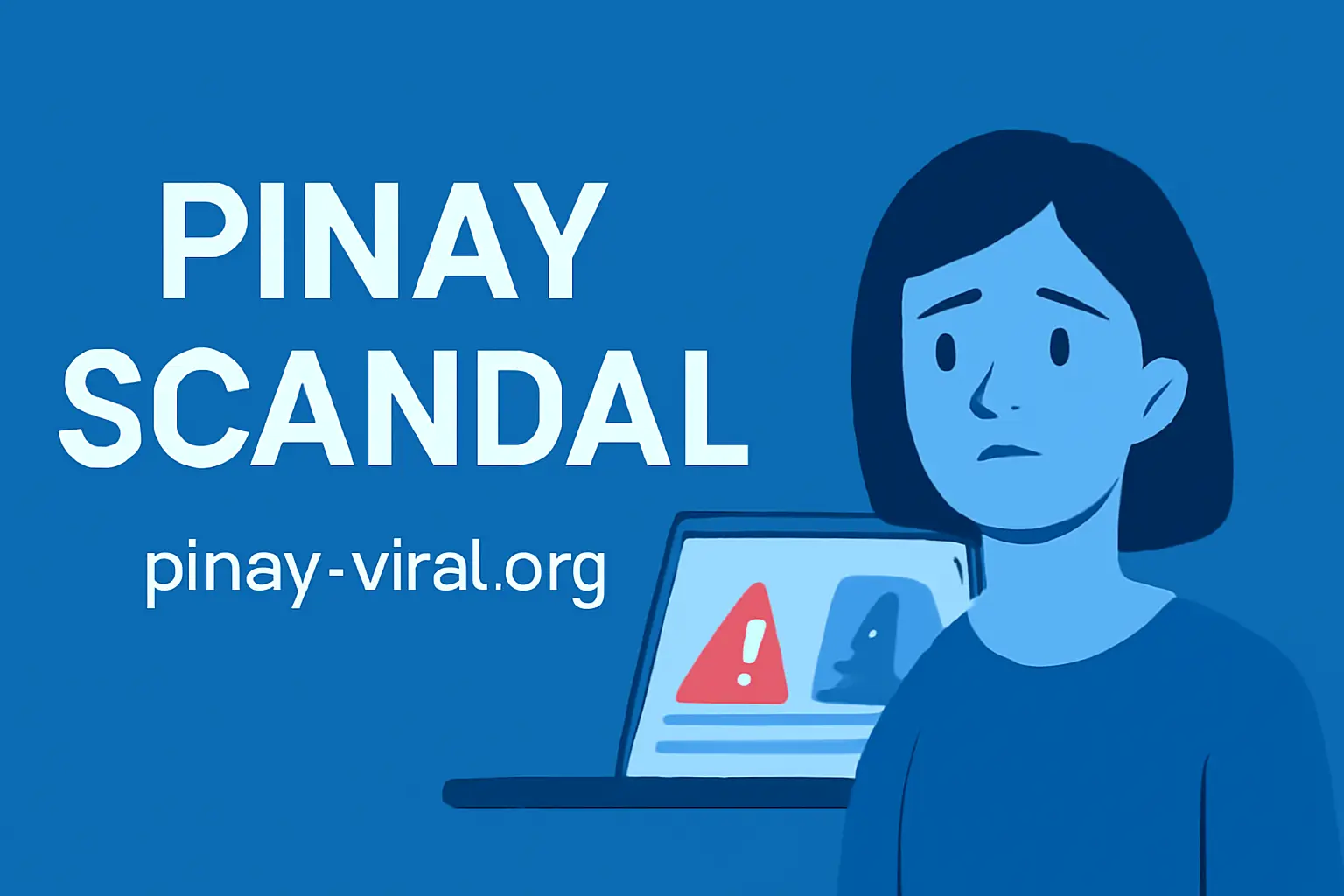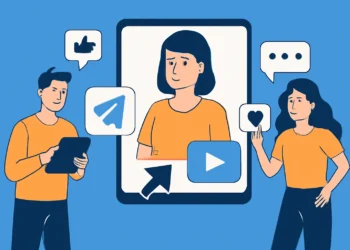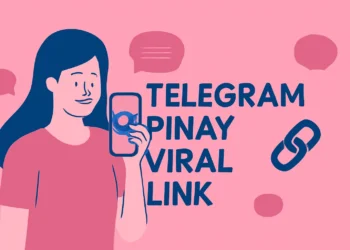Introduction
In recent times, Pinay Scandal.com has been at the forefront of heated debates and controversy. The site has ignited several discussions about ethics, privacy, and the effect of these sites on the lives of Filipino women. The site became famous for its explicit content that portrayed Filipino women without their consent, which led to serious consequences for the women harmed. In this blog, we’ll dive into the specifics regarding PinayScandal.com, its success, its legal and ethical consequences, and the steps to stop the problem.
What is Pinay Scandal.com?

An Overview of PinayScandal.com
Pinay Scandal.com refers to a website that was famous for sharing and leaking explicit material involving Filipino women. The site has become an object of public anger because of its nature and the absence of consent from the people affected. This unconstitutional sharing of intimate and personal information has triggered alarms regarding privacy breaches and online exploitation, as well as the consequences for the people affected.
The Rise of Pinay Scandal.com
In the past several years , Pinay Scandal.com has received a lot of attention because of the growth of websites like this and the ease with which content is spread across the internet. Despite attempts by authorities to close it down, the website continued to increase its popularity, receiving millions of people visiting and sharing it on social platforms. This worrying trend has prompted calls for more stringent legislation to ensure privacy on the internet.
The Impact of PinayScandal.com on Filipino Women
Exploitation and Privacy Violations
At its heart, this Pinay Scandal.com website is a serious breach of privacy. Sharing intimate data can have a devastating effect on individuals who are affected, which can lead to feelings of emotional distress, humiliation in public, and a reduction in dignity. Filipino women, in particular, are the victims of online exploitation, which has resulted in public outrage and the support of stronger privacy laws for digital data.
Social Consequences and Cultural Impact
The public exposure of these websites also exposes larger cultural issues in Filipino society. The stigma associated with women who publish their content through these platforms can lead to discrimination, social isolation, and psychological harm. These events have led to an international debate about the gender-based treatment of women and the necessity of legal and cultural reform.
Legal and Ethical Issues Surrounding Pinay Scandal.com
Legal Actions Taken Against the Website
As a response in response to PinayScandal.com and other similar platforms law enforcement agencies across the Philippines have been investigating illegal activities that are associated with the site. They are working on identifying the perpetrators and bring them before justice. Legal actions include the pursuit of charges of defamation, privacy breaches, and cybercrime. They are aiming to end the shady exploitation of individuals.
Ethical Dilemmas in Reporting and Sharing Content
A significant and controversial aspect associated with PinayScandal.com is the controversy over the morality of the publication of explicit content without consent. Media outlets and social media users, as well as the general public, must be aware of the moral implications of distributing these kinds of content. The discussion centers on freedom of speech and privacy rights, as well as the role of platforms on the internet to control the content that is harmful to users.
The Role of Social Media in Amplifying PinayScandal.com
The Viral Nature of Leaked Content
The social media platform has had a major contribution to boosting the popularity for PinayScandal.com. Images and videos posted on the site are typically shared on social media platforms such as Facebook, Twitter, and Instagram and are shared quickly. The popularity of these content could cause further harm to the people involved which makes it difficult to take it out of in the general public realm once it has been published.
How Social Media Companies Are Responding
In the wake of the viral dissemination of content on PinayScandal.com, many social media platforms have taken measures to block explicit content and stop its continued circulation. However, there are challenges to the process of policing these content. This raises doubts regarding the obligation that social media organizations have to safeguard users from being exploited and make sure privacy is protected.
The Need for Stronger Digital Privacy Laws
Existing Laws and Their Limitations
The current laws on privacy and digital technology in the Philippines and a number of other countries are often not able to meet the specific challenges that websites like PinayScandal.com face. These laws aren’t enough to protect individuals from online exploitation, which leads to a rising need for more rigorous laws that provide greater protection from cybercrimes as well as privacy breaches.
Advocating for Reform
Many advocacy groups are calling for changes to counter the rise of sites like PinayScandal.com. This is akin to the development legislation that is more extensive to ensure that people are protected from cyberbullying, revenge porn, as well as other types of cyber-harassment. Furthermore, international cooperation is required to tackle these issues globally because these websites typically exist outside of national borders.
PinayScandal.com and Its Economic Impact
The Profits Behind the Scandal
Websites such as PinayScandal.com often generate substantial revenue from the exploitation of leaks. These websites can make money through advertising, subscription fees, or even selling access to explicit content. This raises questions about the economic incentives that drive the expansion of these platforms, as well as the need to break these models of profit.
The Fight for Financial Accountability
As part of efforts to fight these platforms, specific legal initiatives have focused on holding advertisers and financial institutions accountable for supporting websites such as PinayScandal.com. By focusing on the economic infrastructure that supports these websites, authorities are hoping to make it harder for these platforms to flourish.
How Filipino Society is Responding to PinayScandal.com
Public Outrage and Support for Victims
The public’s response to Pinay Scandal.com has been one of outrage across the country. Filipino women’s rights groups have used protests and social media to demand justice and more privacy security. These protests aim to increase awareness of the dangers of online exploitation and offer assistance to victims of these crimes.
National and Global Movements for Change
The controversy surrounding Pinay Scandal.com has been a catalyst for discussions on gender equality and online security. This has led to the development of global campaigns that promote women’s rights online and highlighted the importance of international collaboration in fighting online exploitative practices.
Conclusion
The emergence of PinayScandal.com has highlighted the risks of online exploitation and the grave consequences that could be triggered when privacy isn’t respected. The site has also provoked crucial discussions on the responsibility of online platforms, the need for stronger privacy laws, and the safeguarding of Filipino women’s rights on the internet. As the crisis unfolds, individuals and institutions must cooperate to stop the spread of dangerous content and create a safer digital space.
FAQs
What is PinayScandal.com?
PinayScandal.com is a controversial website that publishes explicit content that involves Filipino women without consent, infringing on the privacy of women, and inflicting severe harm.
What is the government’s response to PinayScandal.com?
The Philippine government is investigating illegal activities associated with the site and pursuing legal action against those responsible for the abuse.
What ethical concerns are there regarding PinayScandal.com?
The most important ethical concerns concern the unintentional sharing of intimate information and the role of media platforms to stop the spread of this harmful content.
What laws regarding digital privacy can be improved in the Philippines?
The need for stronger privacy laws in the digital age is required to safeguard users from cyber-crimes such as the ones perpetrated by websites like PinayScandal.com, including safeguards against unauthorised content sharing and harassment on the internet.













